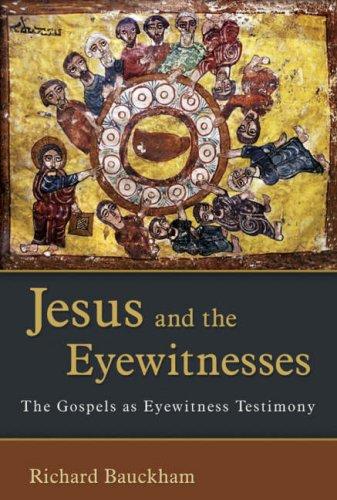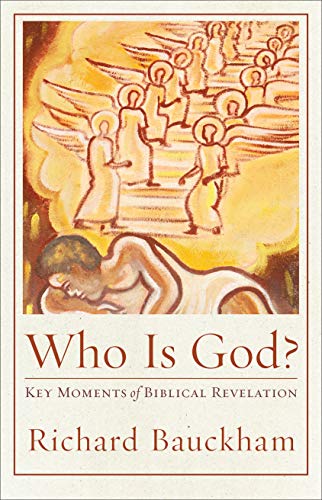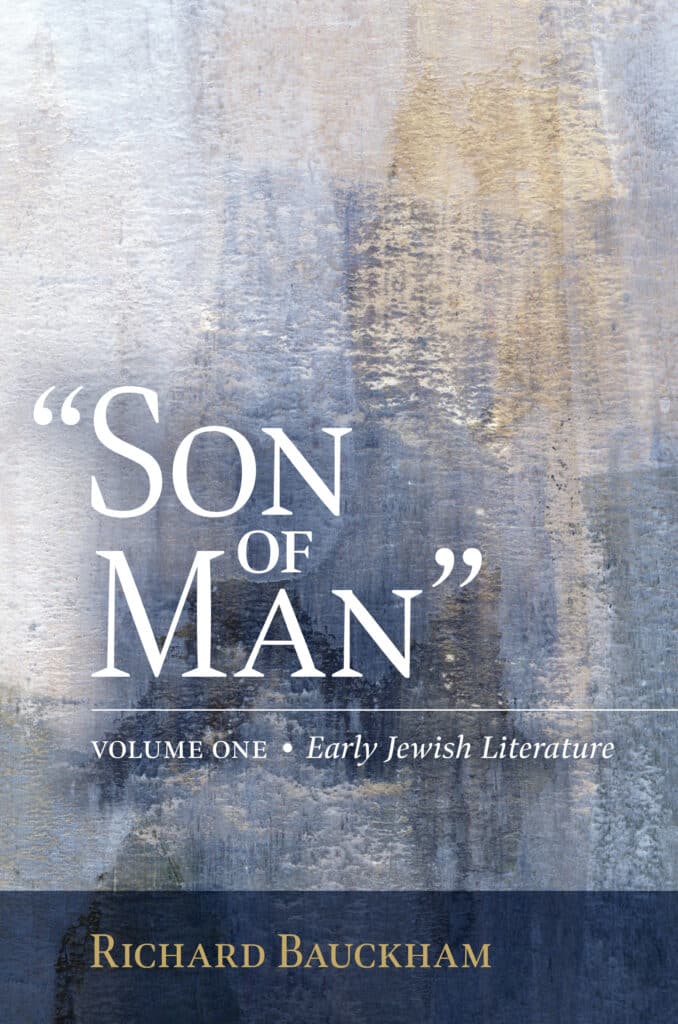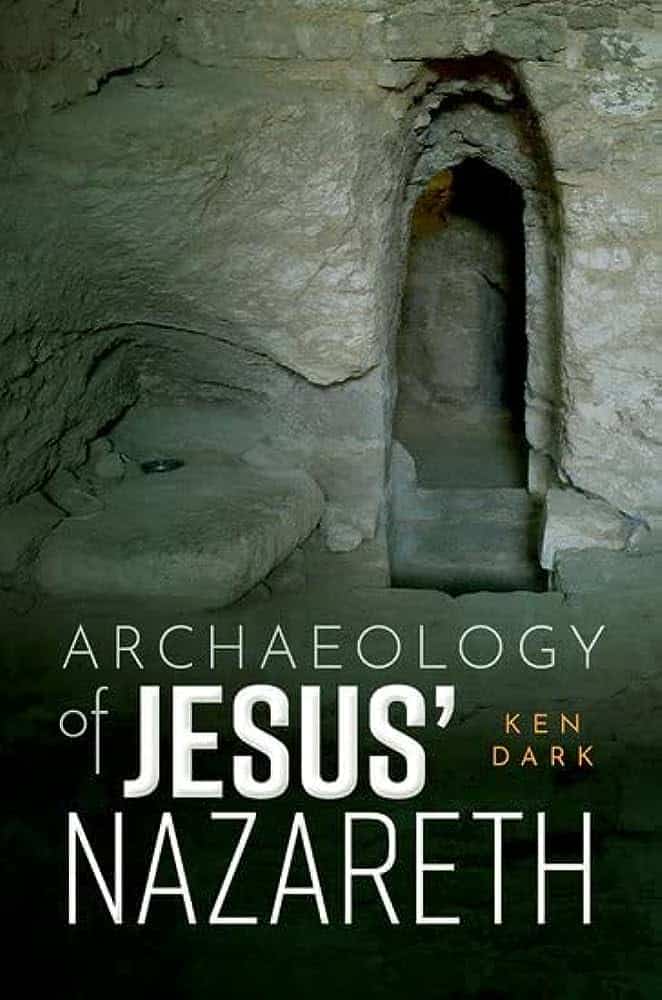
An Interview with Richard Bauckham
Why do you think theological writing is important to the church today?
There are always new challenges and new insights. The fundamental truths of our faith, given us in Scripture and tradition, always need to be rethought in new contexts, not in order to change them, but in order to refresh them. Theology comes naturally to a church that is alive and thinking. There will always be a need for specialist work that academics write for other academics to read, but it is even more important that we have really good theology that is accessible to thoughtful people who have not necessarily taken a course in theology. Christians who read and think about their own professional work or subjects that interest them really should also be thinking about their faith at an equally high level.
Do you have any writing tips or advice for an early career theologian?
Some of your work may well be aimed at a specialist audience, but even in specialist writing you should aim to write as clearly as possible. Convoluted or obscure writing often results from muddled thinking. A habit of clarity will help you write accessibly also for a wider readership. In Jesus and the Eyewitnesses and other books I needed, for example, to quote and discuss Greek words and phrases, but I made a point of never doing so without giving a translation in parenthesis. That can keep readers who have no Greek reading, who would otherwise give up. Readers don’t mind learning technical terms if they are explained to them, rather than tossed around merely as displays of expertise. Think clearly and write clearly are the mantras I would recommend. I think I learned to do so partly by teaching students and caring about whether I was getting across. So, if you teach, developing your communication skills in teaching will also help you to write well. Finally, read well written books, books that are a pleasure to read (let’s face it, most academic monographs are not), and the quality of your reading will rub off in your writing.
Can you tell us a bit more about your prize-winning book Jesus and the Eyewitnesses (Eerdmans, 2008). What inspired you to write it?

I began to think about the ways in which the eyewitnesses who first told the stories are present in the narratives of the Gospels. That’s something that ordinary readers often notice, but scholars do not, because they are used to noticing what conventional scholarly approaches have taught them to notice. The book was going to be a short one, hopefully throwing out some thought-provoking challenges to common scholarly approaches. But it developed organically into something more, partly because ideas I had developed in other contexts came to be relevant and helped to fill out the central argument. It was not a book I could have written earlier in my career.
What impact has winning the Michael Ramsey Prize had for you?
The value of the Prize is that it highlights a theological book that lay people would find readable and interesting. So many books pour off the presses every year. How is the non-specialist to pick out what they would find worth reading? I was actually surprised at how wide a readership Jesus and the Eyewitnesses acquired, because it is a demanding book. I wanted to persuade my academic colleagues and so it is not a “popular” book at all. But all sorts of people read it and still do. Some readers even told me it was exciting! At least within the UK, I think the Michael Ramsey Prize did a lot to bring it to the attention of such readers.
Your recent book Who is God? Key Moments of Biblical Revelation (Baker Academic, 2020) explores moments of divine revelation in Scripture. Could you tell us something about how your theological thinking has developed since you won the Michael Ramsey Prize?

Who is God? is a short and I think quite accessible book, in which I try to do biblical theology. By this I mean that I help readers to recognize the same God in both Testaments. I have always thought that the New Testament makes no sense without the Old. An earlier book with a biblical approach was my Bible and Ecology, which I think has made quite a big impact on Christian thinking about ecological issues. I am continuing to think about that. Otherwise my work has focused more and more on the Gospels.
You also have two volumes on the “Son of Man”, the first of which is to be published by Eerdmans in July 2023, can you tell us a bit about this?
The significance of the phrase “Son of Man” on the lips of Jesus in the Gospels has been debated in New Testament scholarship for two hundred years and remains contentious. My excuse for writing another book about it is that, if we are to get any nearer to solving this issue, it will be by investigating it in greater detail. I call this my “pandemic project” because I began it around the time when the pandemic began. Like the pandemic it continued for much longer than I expected. Volume 2 is nearing completion.

The Michael Ramsey Prize aims to bridge the gap between popular and academic theology. What areas of theology do you think are under-addressed in popular discourse and why do you think this is?
We need more theology that comes out of lived devotion to God over a lifetime and is at the same time conceptually rigorous and compelling. Need I say why it is rare?
Is there a book (or books!) that you have read recently which you would recommend?
Ken Dark’s new book, The Archaeology of Jesus’ Nazareth, is a really important contribution by an archaeologist to our understanding of the historical Jesus. His claim to have identified the house in which Jesus’s family, though not implausible, lived is less important than what the book reveals about first-century Nazareth.

What are some books (of any genre) you regularly reread and why?
I rarely reread theological books now unless I need to for something I’m writing. When I taught historical and contemporary theology in Manchester, I used to teach prescribed texts and discovered which of them bore rereading every year or two. The great classics like Anselm’s Cur Deus Homo do, especially if you discuss them with students who are always coming new to them. Of course, I have read Jürgen Moltmann’s major works over and over (and written definitive studies of them) so that their thinking has become part of mine. I sometimes reread great novels that always have more to give. Virginia Woolf’s To the Lighthouse must be one of the books I have read most often in my life. I am devoted to Tove Jansson’s Moomin books and reread them so often my copies fall apart. I sometimes have to reread my own books, or parts of them, because people persist in thinking I can remember them!
*Please note that the views expressed in these interviews are those of the authors themselves and do not represent the Michael Ramsey Prize or the Archbishop of Canterbury.